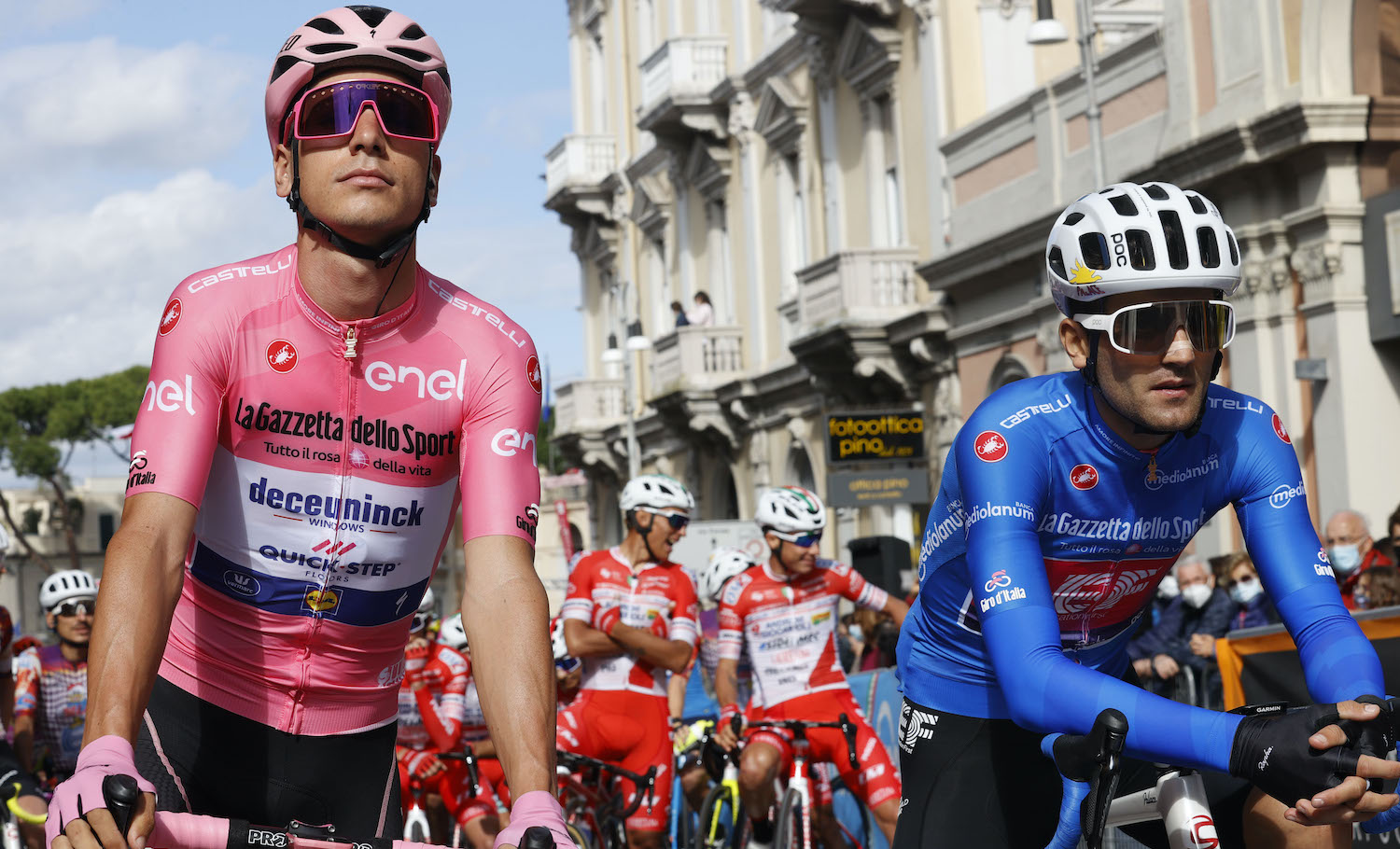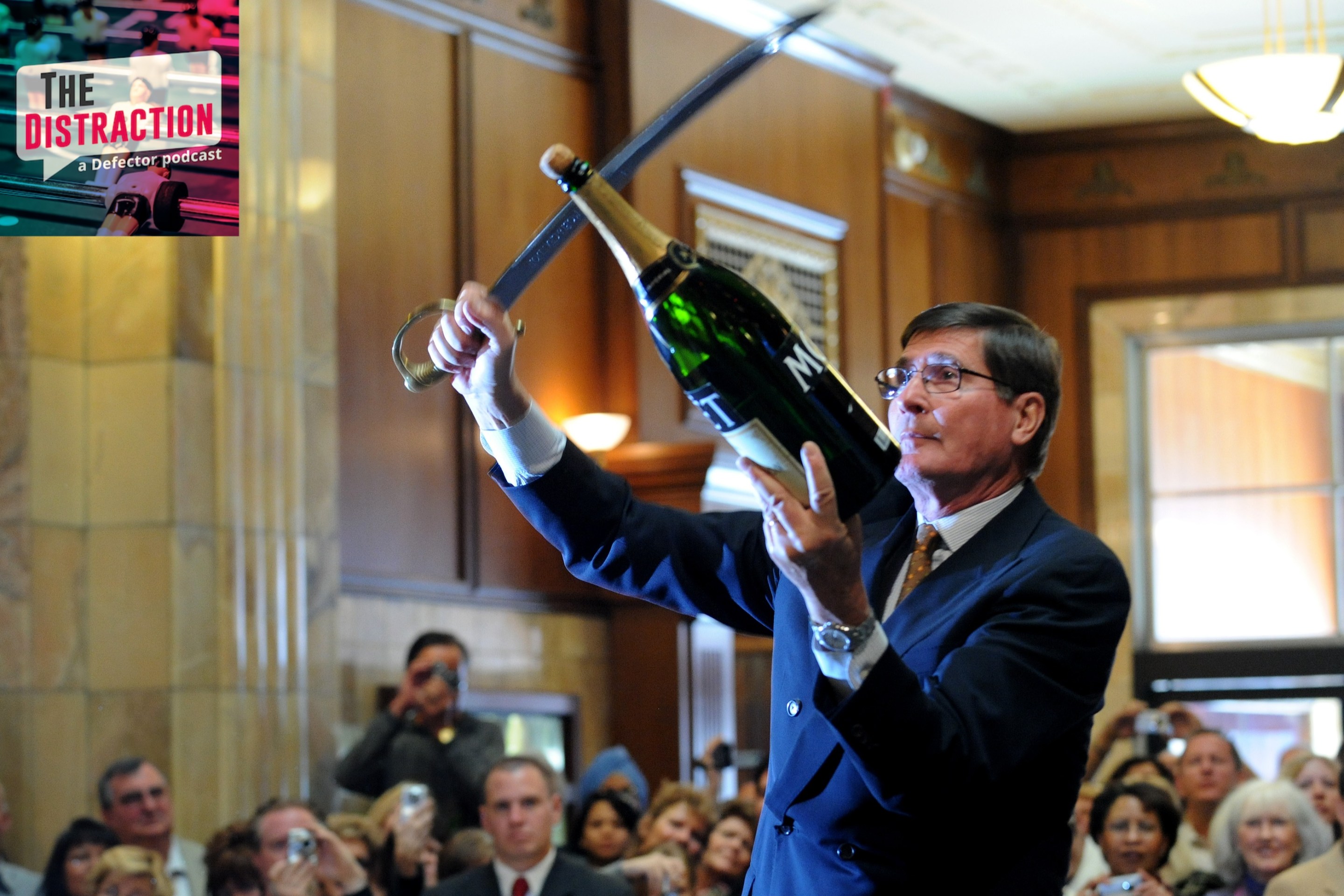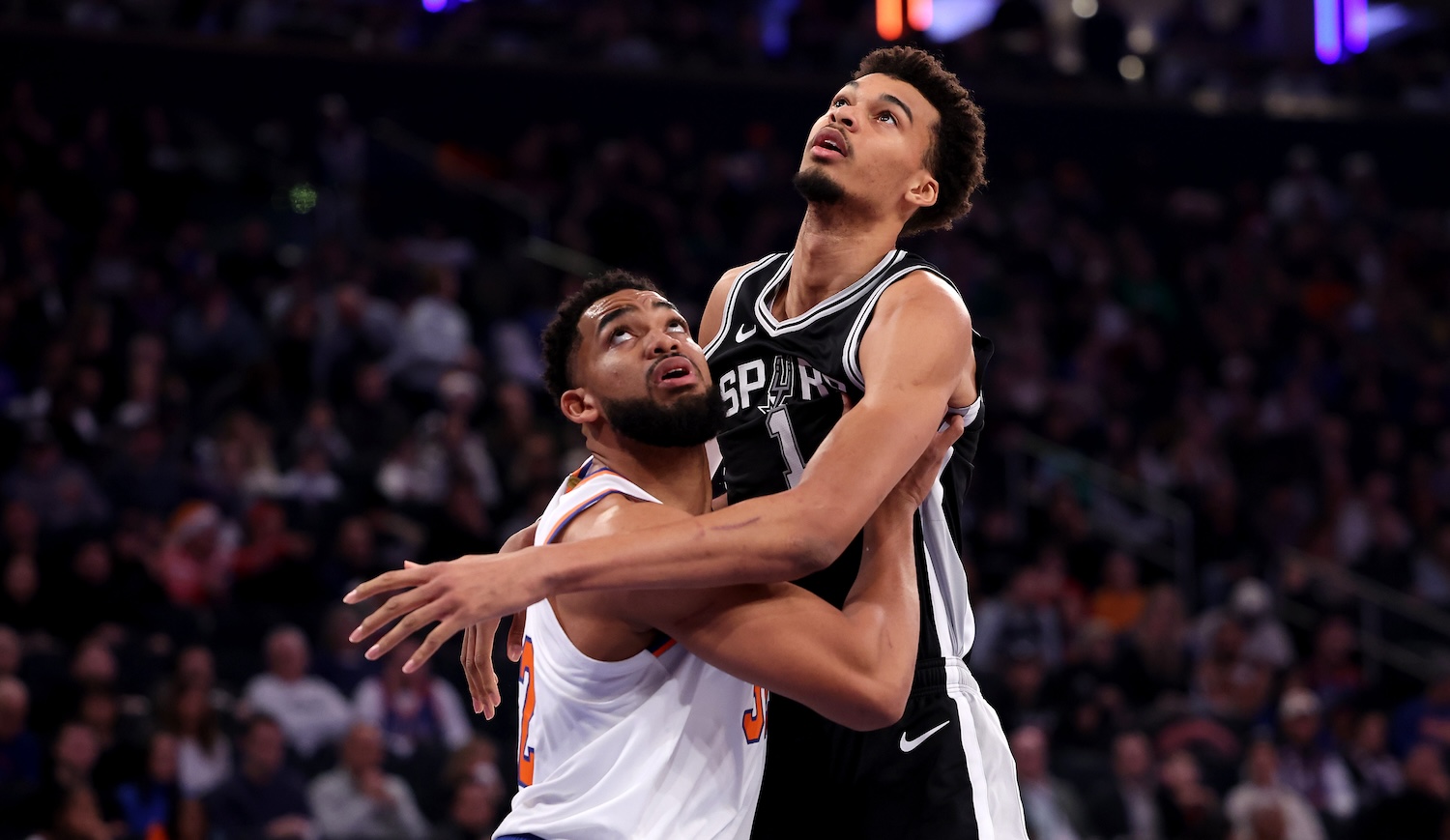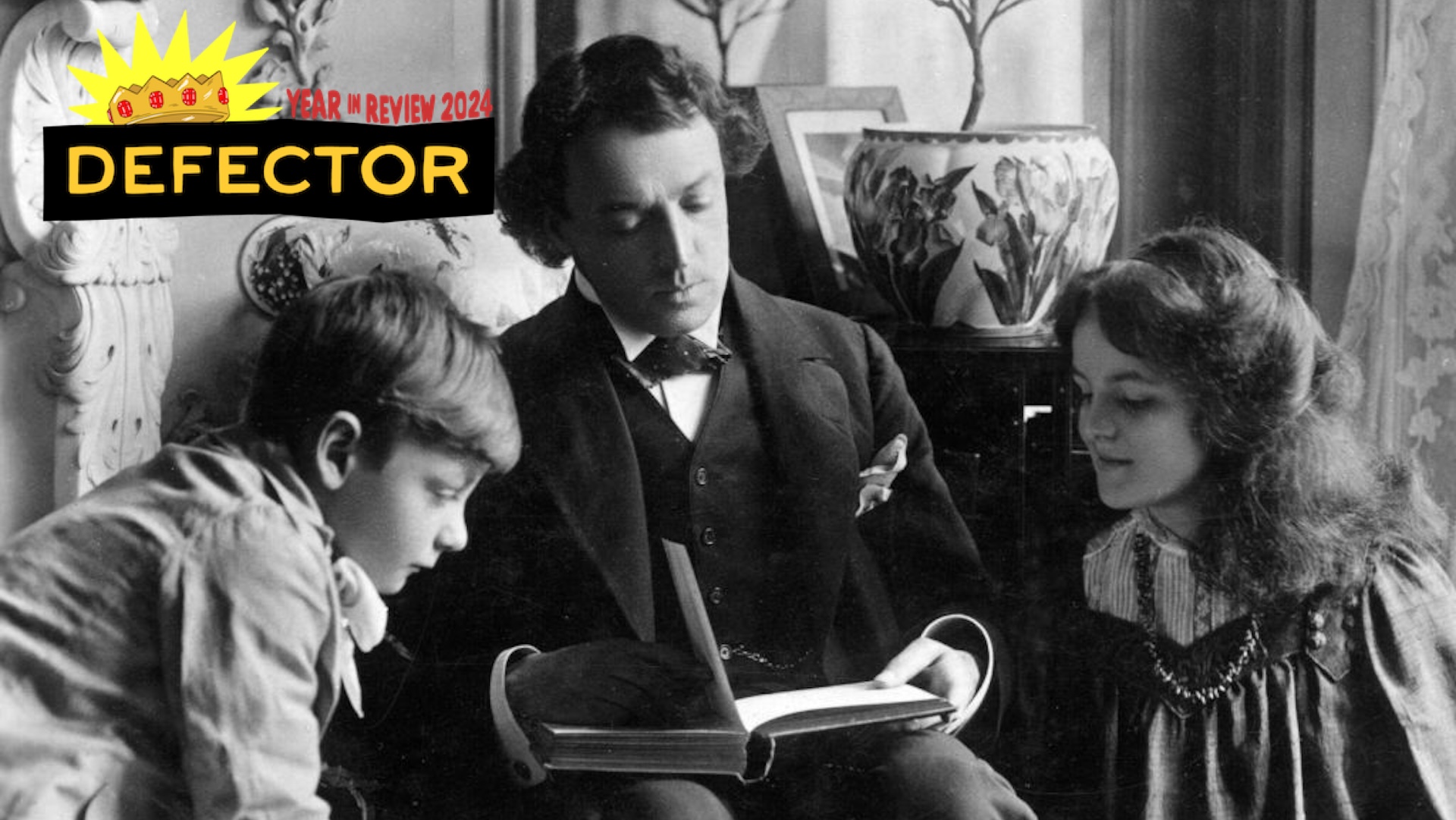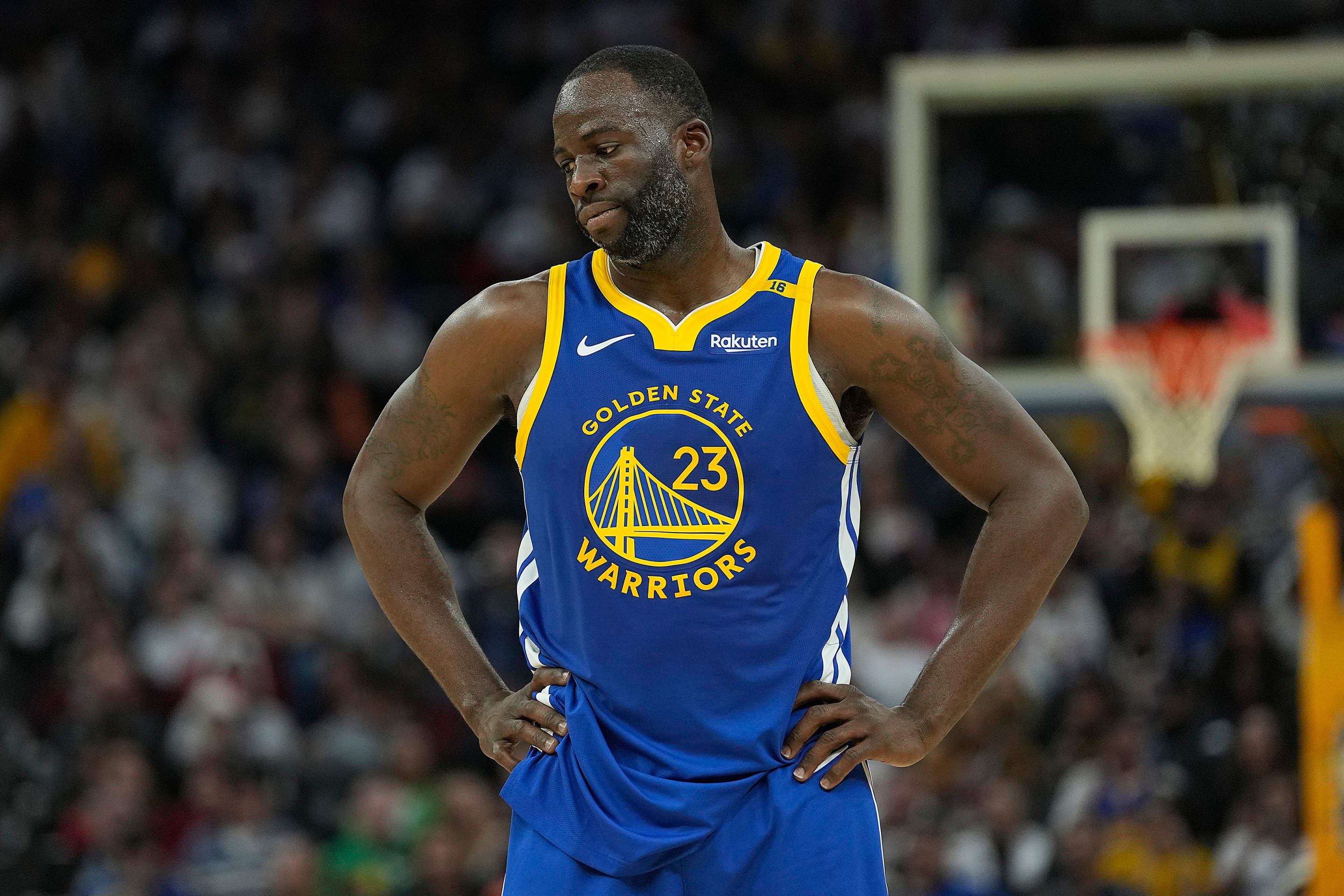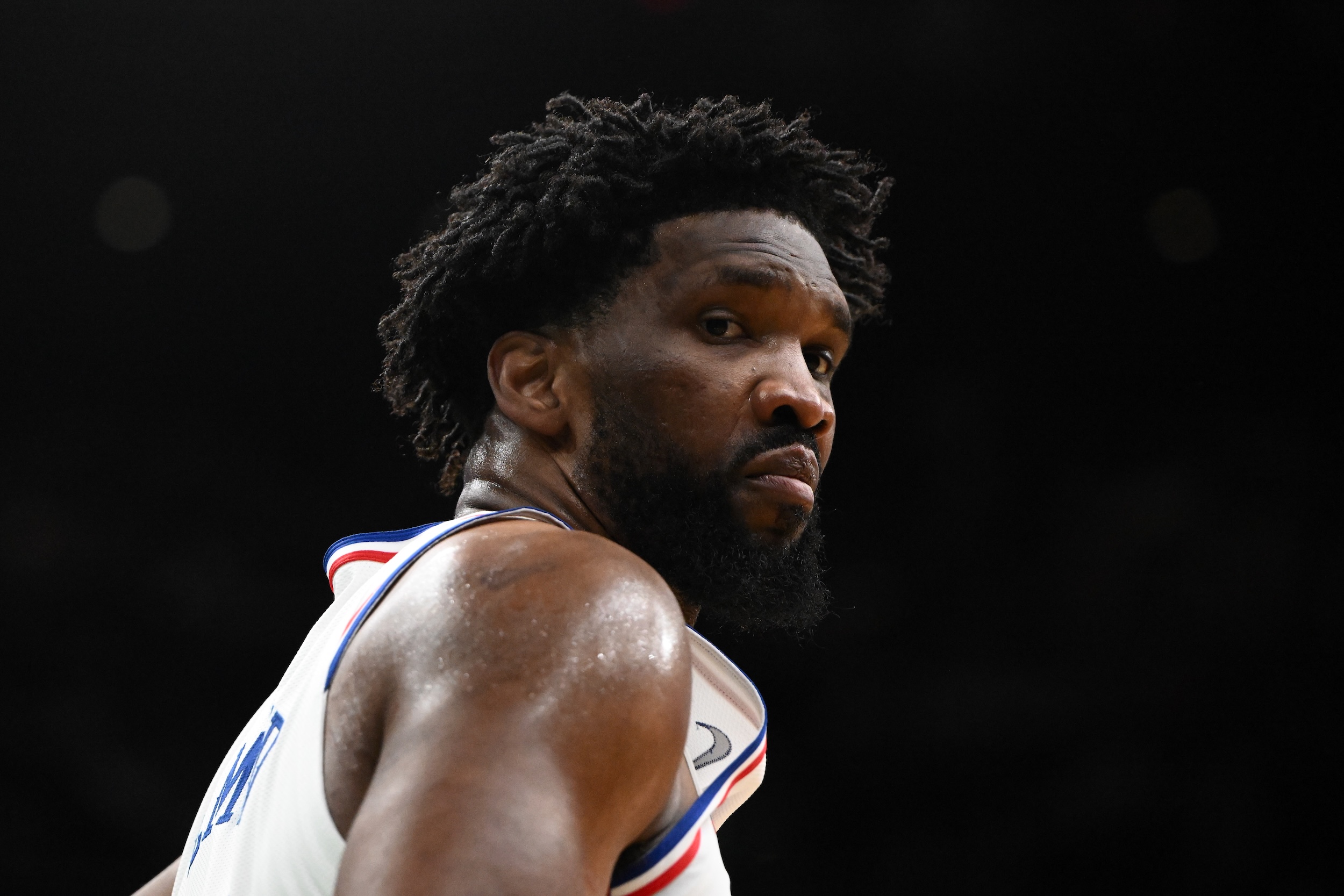As every major sports league without a bubble has shown over the past few months, carrying on with a normal schedule of games and travel in spite of a deadly pandemic is bound to fail to some degree. No matter how much testing is done or how many fans are kept out of stadiums, the athletes and coaches on the field are still living in and traveling around a world full of infection vectors. Cycling is perhaps the least bubble-able sport on the planet, and though it enjoyed a relatively COVID-free summer as cases declined across Europe, the struggles of the Giro d'Italia to keep the coronavirus out of the peloton highlight the inherent impossibility of running a normal cycling season.
Peter Sagan won Stage 10 this morning with a thrilling solo attack, although the biggest news of the day was not who won the race, but who missed out. A wave of positive tests came back after the entire peloton was tested on Monday's rest day. The entire Jumbo-Visma team decided to abandon the race after their leader and overall contender Steven Kruijswijk tested positive. Mitchelton-Scott also pulled out after four staffers tested positive, and they were already racing without leader Simon Yates, who has COVID. Sunweb's Michael Matthews also had to leave the race after a positive test yesterday, though his team is sticking around for now. In addition, Ineos Grenadiers and AG2R La Mondiale each had one staffer test positive.
"We knew holding the Giro in October was problematic, we’re doing all we can to make it to Milan with all the doubts and challenges," said race director Mauro Vegni. "The tests shows the situation today. It doesn't guarantee say that the virus won’t explode."
Giro officials had followed several of the COVID guidelines that helped the Tour de France pull off a successful race. Riders and team personnel were all tested twice before entering the race "bubble," and fans and media members are limited and kept mostly away from riders. Still, teams stay in different hotels each evening as the race works its way from Sicily to Lombardy. Officials can't test every hotel worker every day, so even though teams are reasonably bubbled when they can be, it's not a self-contained system.
Unlike the Tour, the Giro will not implement a two-strikes rule, which means officials don't have the authority to kick teams out of the race for multiple positives. The Giro is also taking place one month after the Tour de France, right as case numbers are beginning to approach the peaks they reached in the spring and Italian officials are forced to implement new lockdown measures. Paris-Roubaix was just canceled due to COVID incidence in northern France, so this is really not a good time for bike racing in general.
Shortly before his team leader tested positive and his team withdrew, Jumbo-Visma's Jos Van Emden had criticized race security measures and blamed the UCI. Via Cycling News:
It already went wrong in the first hotel we were in. We were there with four or maybe five teams - that's not a problem because ... they take care of the health of the team - but the police and the motos were there, the Shimano neutral service, and normal people were there all eating from the same buffet.
[...]
We should be protected by the people who run the sport. We do all the things for them but they never do anything for us. This is again a chance for them to show they like us, they don't always want to fight us. If there are more guys infected I hope the UCI gets the bill. To be short, they should have told RCS this is not a good idea, there should be another solution for this.
All the teams still in the race with affected members will be tested again on Thursday. If any new positives are discovered, it is hard to see the race reaching Milan, and based on the existing spread between and within teams, I don't feel very confident that the Giro d'Italia will crown a champion this year.
